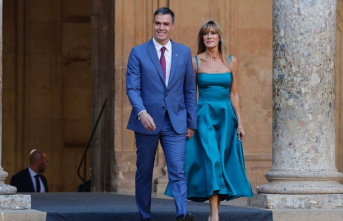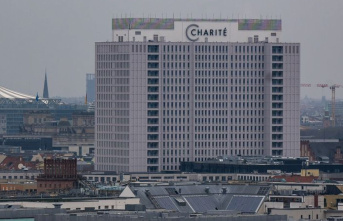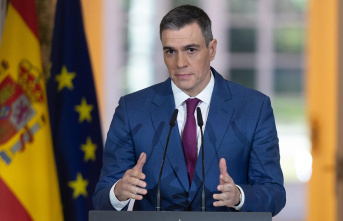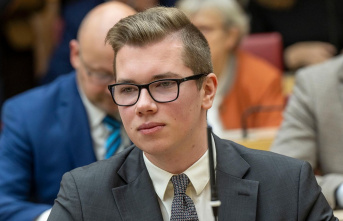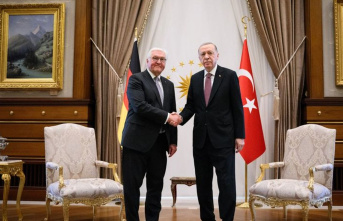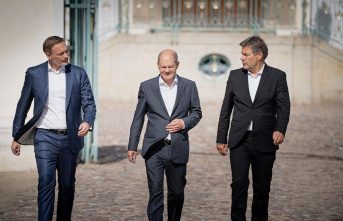Pensioners are to receive a one-off energy price lump sum of 300 euros as of December 1st. Students and trainees should receive a one-off payment of 200 euros, according to the results of the coalition committee presented on Sunday. A flat-rate energy fee of 300 euros had already been introduced for working people.
For a certain basic consumption of electricity, a discounted price will apply in the future, as the new paper shows. For an additional consumption beyond that, the price would not be limited. In addition, the traffic light coalition wants to create a new nationwide public transport ticket. The goal is a price range between 49 and 69 euros per month, according to the decision paper. The states still have to agree to the funding.
With the planned introduction of citizen income at the beginning of next year, the standard rates for the needy are to be increased to around 500 euros. Today, single people receive basic security of 449 euros per month. Families should be relieved by significantly increasing child benefit: at the beginning of the year by 18 euros per month for the first and second child. The traffic light coalition's third relief package is said to have a total volume of more than 65 billion euros.
Apparently, skimming off excess profits on the electricity market is also planned. This was announced by Chancellor Olaf Scholz (SPD) on Sunday morning when the results of the negotiations were presented. He spoke of a "great and dramatic relief" on the electricity market. "So the first task is to use such chance profits to relieve the burden on the citizens."
After hours of negotiations, the coalition had agreed on further financial relief for the people of Germany. Negotiations began on Saturday afternoon. A package of targeted relief was planned to compensate for the drastic price increases in the course of Russia's war of aggression against Ukraine. The summit meeting was preceded by weeks of discussions.
In the early evening, a few traffic light politicians caught some fresh air in small groups of talks on the balcony of the Chancellery. Details of the negotiations were not known for the time being. During the night it became clear that the coalition did not want to announce its results until Sunday.
In addition to Scholz, Vice Chancellor Robert Habeck (Greens) and Finance Minister Christian Lindner (FDP) took part in the negotiations. Other ministers and the heads of the three parliamentary groups and parties were also gathered in the Chancellery.
The pressure on the coalition partners had continued to grow before the decision was made. They had also raised their own expectations. Lindner and SPD parliamentary group leader Rolf Mützenich spoke of a "massive package".
At a cabinet meeting in the middle of the week, Scholz had announced a relief package that was “as tailor-made as possible, as efficient as possible, as targeted as possible”. During the exam in Meseberg near Berlin, he said: "We are working on a large building, and the architecture of this building depends on all the individual parts, which only result in a good construction together."
With the first two relief packages, the electricity price surcharge to promote renewable energies (EEG surcharge) was abolished, there is an energy flat rate of 300 euros for all employees and a one-off payment of 100 to 200 euros for all unemployed, child benefit was increased once by 100 euros per child, fuel prices were supported for three months until August, and there was a 9-euro ticket for local public transport for the months of June, July and August.
According to their own statements, trade unions, the left and the AfD may want to call on dissatisfied people to protest in the fall. IG Metall Chairman Jörg Hofmann told the German Press Agency: "It's about no less than the question of whether it will be possible to relieve the burden on citizens effectively and understandably, or whether the growing uncertainty will lead to a break in social cohesion leads."


